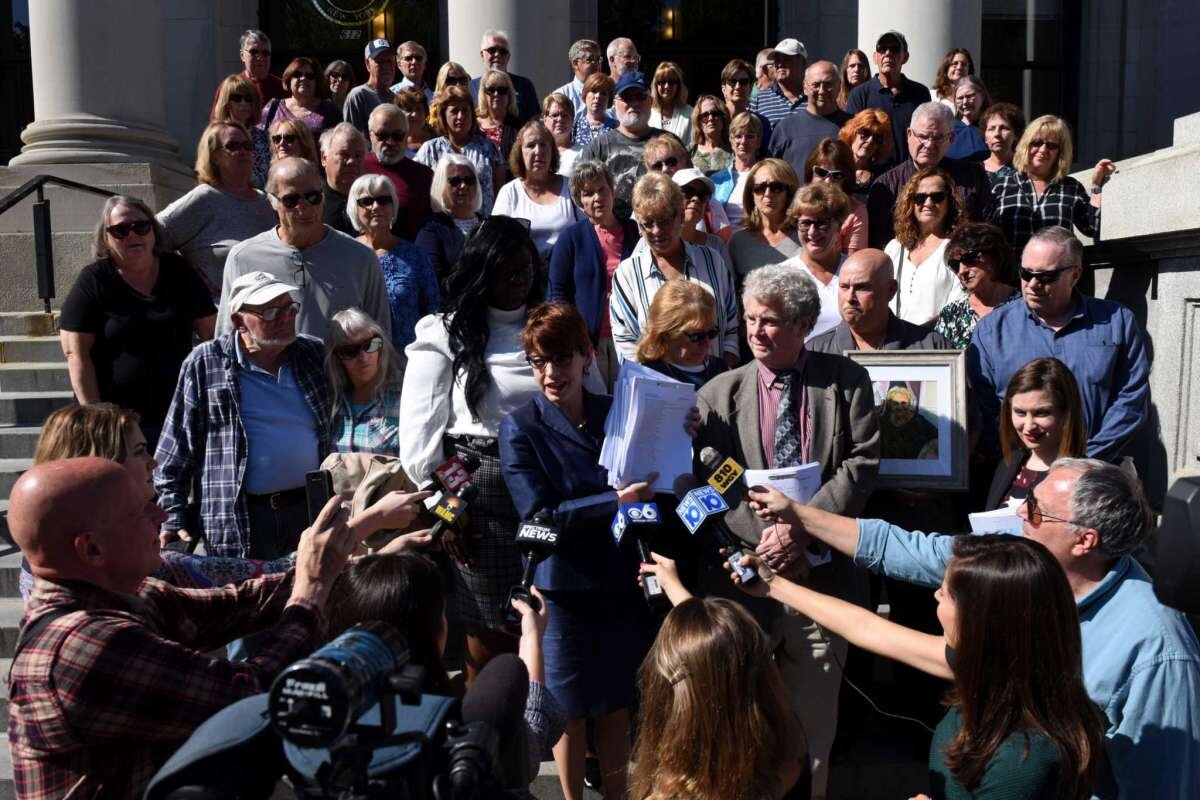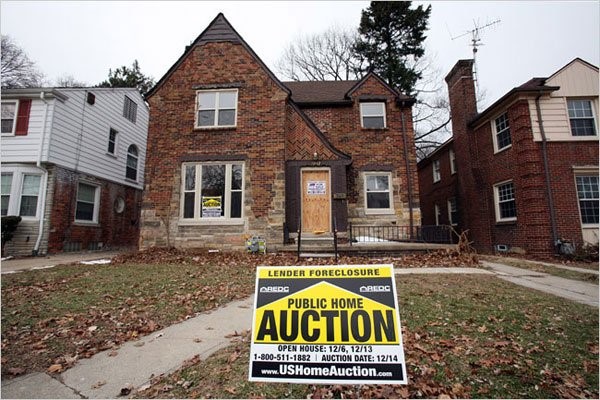Arrested Just For Being Homeless
By Eric Tars, Senior Attorney, National Law Center on Homelessness & Poverty
Janet Bell, a resident of Boise, ID, became homeless more than ten years ago, but it was only after she was arrested for sitting outside that she took the city to court.
Janet, who lost part of her left arm, and nearly her life, from an infection that she caught living outside received her first of multiple citations simply for sitting on a riverbank with another individual. Janet, like most homeless people, couldn’t afford to pay the tickets and eventually she was arrested. The city targeted many other homeless individuals in this manner.
But Janet and some of her counterparts fought back, in a case called Bell v. Boise. Janet and the other plaintiffs were represented by the National Law Center on Homelessness & Poverty in collaboration with Idaho Legal Services and Latham & Watkins, LLP, and with the support of the Impact Fund. Janet’s story and the fight for her rights were highlighted recently in a Vice News video investigation in November 2015.
“Criminally prosecuting [homeless] individuals for something as innocent as sleeping, when they have no safe, legal place to go, violates their constitutional rights.” So stated Principal Deputy Assistant Attorney General Vanita Gupta, head of the Department of Justice’s Civil Rights Division, in a groundbreaking statement of interest brief in Bell v Boise. Janet Bell’s case, originally filed in 2009, challenges Boise’s Camping and Disorderly Conduct Ordinances which criminalize sleeping in public, and is part of the Law Center’s efforts to end the criminalization of persons experiencing homelessness. In response to the lawsuit, Boise amended the Ordinances in 2010 and 2014, but continues to direct police officers to issue citations and jail people experiencing homelessness although the total number of homeless people in Boise far exceeds the number of beds.
Alongside the Boise litigation, the Law Center also engaged in federal advocacy, using both direct advocacy and strategic use of international human rights standards to fight the criminalization of homelessness. By combining federal advocacy with innovative litigation, the Law Center created all the conditions necessary for the Justice Department’s intervention in the case and further action from other federal agencies. The Department’s filing generated headlines and news coverage around the country, including a Washington Post editorial, and was cited by Attorney General Loretta Lynch at the recent White House convening on “A Cycle of Incarceration: Prison, Debt and Bail Practices.”
Despite the filing of the brief, the federal court dismissed the case in October without deciding the merits of the case. In the six years since the case was filed, several of the Plaintiffs, including Janet Bell, found housing and others had become difficult to locate, leading the Judge to find that they no longer have a fear of prosecution under the Ordinances and thereby lack the required legal standing to bring a claim. The Court’s decision did not consider the merits of the Department’s filing or the Plaintiffs’ constitutional claims. On October 28, the Law Center appealed the dismissal to Ninth Circuit Court of Appeals, and the case is now pending there.
Regardless of the outcome of the 9th Circuit appeal, the DOJ’s brief in the case has sent a strong signal across the country that people experiencing homelessness do not lose their constitutional rights when they lose their homes, has already influenced several other communities to modify their practices, has been cited in a flurry of lawsuits filed in the past few months, and is an important part of the multi-agency push against criminalization. Meanwhile, the Law Center is supporting the work of grassroots communities in pushing affirmatively for Homeless Bills of Rights, to stop the need for individual lawsuits in every community. But while we are hopeful that these steps mark the tide turning against criminalization, our long term goal is not to protect the rights of people to sleep on the streets, but rather ensuring the right to housing for all, so that no one need fear sleeping on the streets in the first place.







